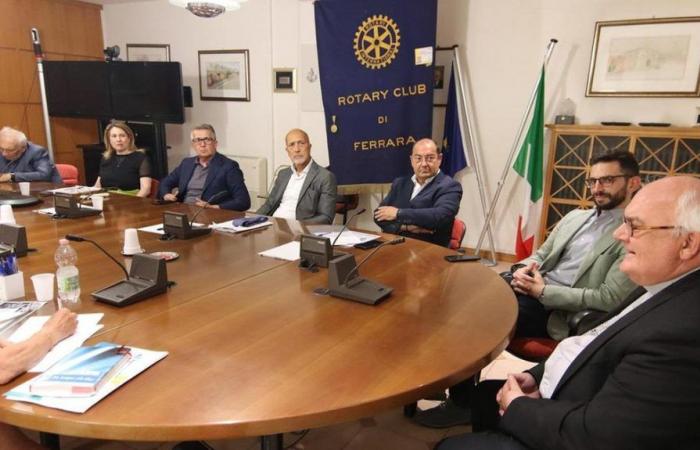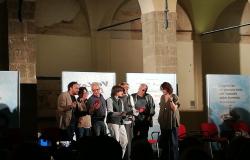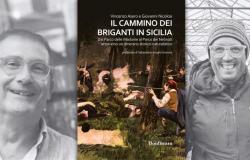A small-big project. Small because it still involves a small number of people, but large in terms of meaning and enormous development potential. We are talking about ‘Ferrara, inclusion and work’, the initiative presented the day before yesterday in the Chamber of Commerce by Rotary Ferrara and Ferrara est. The objective is to offer basic preparation (professional and civic) to refugees currently hosted in the extraordinary reception centres: for them, therefore, a qualified commitment and a real prospect combined with a concrete employment response for the many Ferrara companies that they need manpower and can’t find it. As the presidents of the two Rotary clubs (Adele Del Bello and Paolo Govoni) underlined at the beginning, the added value of the initiative is the participation of institutions and operational entities in the area: prefecture, archbishopric, confindustria, UNESCO Chair, City of the Boy. “The project – recalled Del Bello – consists of three moments: the choice of people to be admitted to the courses, orientation-training and job placement”.
We have reached the end of the second phase and 24 of the 30 students chosen (five are already at work) have completed the course and attended the meeting: the words of three of them who wanted to thank and testify to the experience participating in courses. Coordinated by Luca Scanavini, the representatives of the institutions involved then spoke. The prefect Massimo Marchesiello defined it as “a concrete project, which must continue. Ferrara needs it”. Archbishop Gian Carlo Perego placed it in symbiosis with World Refugee Day, which is celebrated today, dedicated to ‘The strength of inclusion’. And again: “In addition to welcoming, the three verbs mentioned by the Pope are conjugated: protect, promote and integrate”.
The project leads back to what Archbishop Bovelli and Don Calabria did in the 1950s, giving life to the City of the Boy. Speaking of the training institution in via Comacchio, the director Antonio Marchini illustrated the role played within the project and reiterated the value of “working together”. Patrizio Bianchi, former Minister of Education and holder of the UNESCO chair, then spoke of a “national example”: “It is a pilot project of great importance” which “supports the economy and the construction of a better world”. Solidarity, therefore, but also economy, as noted by Gian Luigi Zaina, vice president of Confindustria Emilia Centro. “Nine hundred people are stuck in reception centres: we don’t know their potential but the productive fabric needs these migrants”.
Alberto Lazzarini






